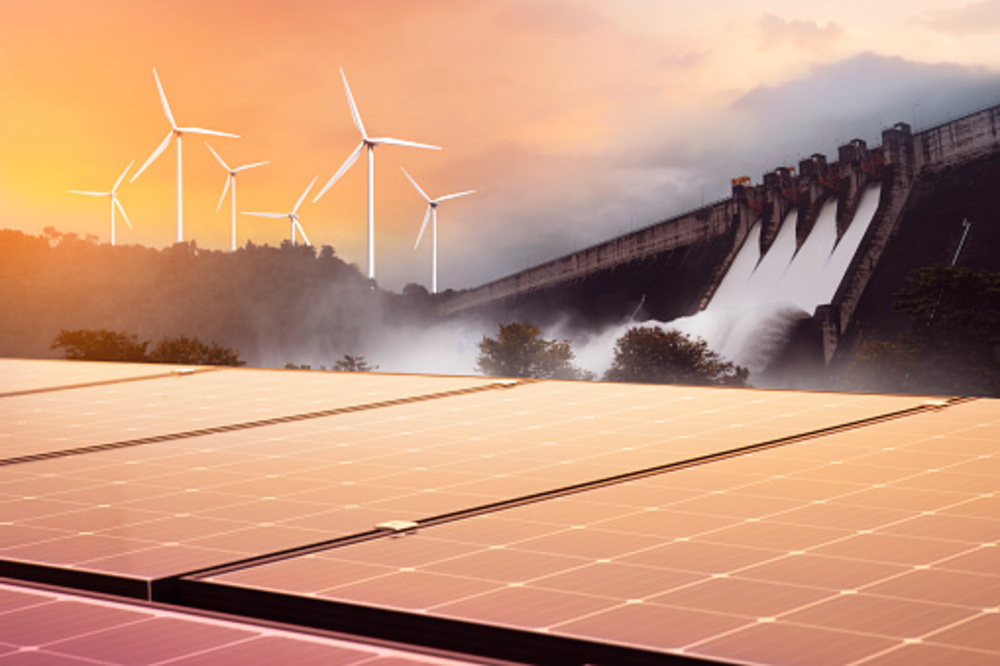Britain has set ambitious targets to increase renewable green energy generation, particularly wind power, in order to reach net-zero emissions by 2050. However, industry officials have warned that these targets could be missed without policy changes.
A cap on revenue and the lack of incentives offered to renewable energy producers are among the most contentious issues. The British government implemented the Electricity Generator Levy (EGL) at the start of this year to combat high energy prices, but the renewable energy sector sees it as a de facto windfall tax that could put a halt to onshore projects.
Industry officials have called for changes ahead of the upcoming budget, including an investment allowance for renewable energy producers similar to the Energy Profits Levy (EPL) given to oil and gas companies.
The impacts of levies, high energy prices, and supply chain bottlenecks on green energy
Renewable energy developers have warned that a combination of levies, high energy prices, supply chain bottlenecks, inflation, and interest rate rise could pose a significant threat to their projects.
Denmark’s Orsted announced that its Hornsea 3 project in the North Sea, which would be the world’s largest wind farm when built, may be paused due to surging costs. The Vattenfall group’s Norfolk Offshore Wind Zone is another significant project in jeopardy.
Rob Anderson, the project director, has called for capital allowances in the upcoming budget to show the government’s support for the renewable energy sector.
Taxation on low-carbon power generators and oil and gas producers
The EGL imposes a 45% tax on low-carbon power producers whose combined earnings from power production exceeds 75 pounds ($89) per megawatt-hour (MWh). Developers of renewable energy contend that the tax’s threshold is excessively low, given that wholesale electricity costs are roughly 120 pounds per megawatt-hour (MWh).
For selling its non-gas generated power beyond 180 euros ($190)/MWh, the European Commission has set a revenue cap for electrical firms, compelling them to give any surplus earnings to national governments.
Oil and gas producers have also expressed their discontent with the windfall tax imposed on them since May 2022. The Energy Profit Levy (EPL) windfall tax, which raised the tax rate to 75%, is seen as shrinking producers’ access to funding.
The fossil fuel industry argues that it is still necessary to invest in the aging North Sea basin and that home-grown fuel is far less polluting than importing oil and gas from distant places. The industry also calls for higher tax rates to kick in only when profits are derived from prices above a yet-to-be-agreed price floor, based on a historical average, rather than the entire profit regardless of price, as is currently the case.
The way forward to green energy
Renewable energy developers call for an investment allowance for renewable energy producers similar to the Energy Profits Levy (EPL) given to oil and gas companies. The renewable energy sector’s growth will significantly contribute to reaching Britain’s net-zero emissions by 2050 targets.
Meanwhile, fossil fuel producers urge the government to show support for the industry by modifying the windfall tax imposed on them. In a meeting in December, Finance Minister Jeremy Hunt rejected calls from the oil and gas industry to amend the windfall tax. While further meetings have taken place, no change is expected from the upcoming budget.

